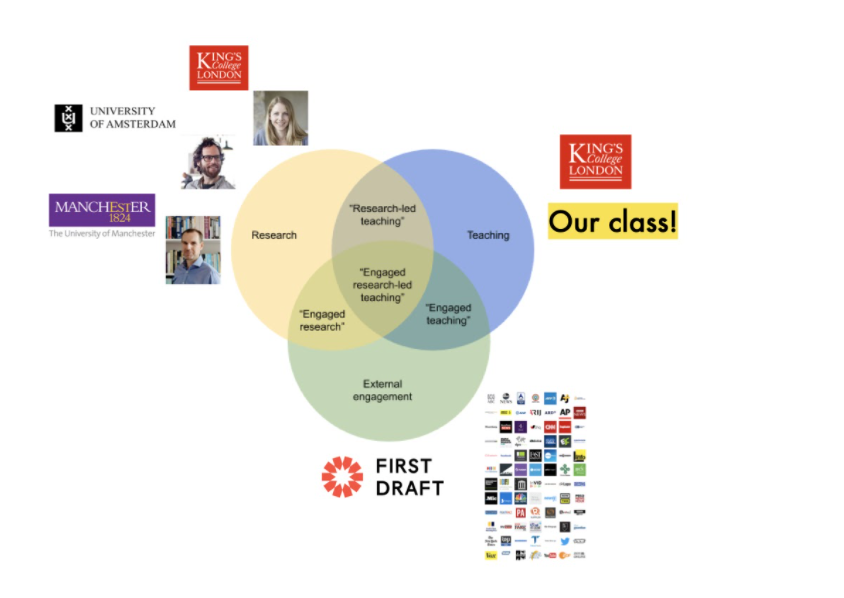A new special issue of the bilingual journal Diseña has just been released. The issue, edited by Gabriele Colombo and Sabine Niederer, explores the realm of online images as a site for visual research and design.
While in an image-saturated society, methods for visual analysis gain urgency, this special issue explores visual ways to study online images. The proposition we make is to stay as close to the material as possible. How to approach the visual with the visual? What type of images may one design to make sense of, reshape, and reanimate online image collections? The special issue also touches upon the role that algorithmic tools, including machine vision, can play in such research efforts. Which kinds of collaborations between humans and machines can we envision to better grasp and critically interrogate the dynamics of today’s digital visual culture?
The articles (available both in English and in Spanish) touch on the diversity of formats and uses of online images, focusing on collection and visual interpretation methods. Other themes touched by this issue are image machine co-creation processes and their ethics, participatory actions for image production and analysis, and feminist approaches to digital visual work.
Further information about the issue can be found in our introduction. Following is the complete list of contributions (with links) and authors (some from the Public Data Lab).
Continue reading

